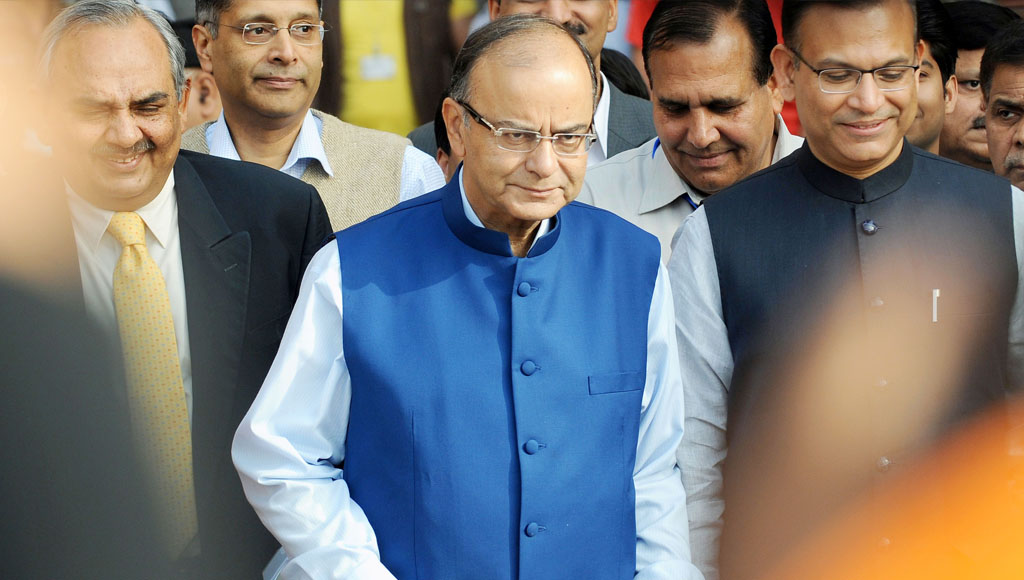National budget
February 1, 2017 | Expert Insights

What can we expect from the National Budget?
- On the 1st of Feb 2017, Finance Minister Arun Jaitley shall present his 4th National Budget, to Parliament.
- This budget is special because for the 1st time, the presentation of the budget has been advanced by four weeks. It also merges the railway budget, which till now was presented separately.
- The budget also precedes the launch of GST, which is expected to be rolled out, on 01 July 17. Most significantly, it is the first opportunity for the government to address post demonetization challenges.
What are the Key Challenges for the FM?
- After the shock and pain of demonetization, the FM needs to inspire aggregate demand, in the nation; particularly for investment and consumption
- With five states due for elections (UP, Punjab, Uttarkhand, Manipur and Goa), in the next few weeks, the FM would need to deliver a positive message to the electorate.
- He will also have to set the stage for rolling out GST, which has been delayed, yet again.
- Unlike previous budgets, now faced with rising crude oil prices, the FM needs to continue with fiscal discipline in controlling budget deficit, keeping it to less than 3% of GDP.
What Provisions can we expect?
- To encourage the tax-payer, though only 3% of India’s population files IT returns, the FM is expected to raise the minimum taxable slab from Rs. 2.5L to Rs 4L, per annum
- The FM has informally committed to a progressive reduction in Corporate Tax from 30% to 25%, over next four years. Such a measure may improve business appetite, after demonetization.
- Increase service tax, from 15% to 16%, to align the same with the proposed GST is likely to be rolled out by 01 July 17.
- To encourage the digital economy, government is expected to reduce cess on digital transaction and also penalize through taxation heavier cash transactions (above Rs. 50,000)
- PM has already announced 4% and 3% interest relief, on housing loans up to Rs. 9L and Rs 12L, respectively. More incentive for affordable housing can be expected.
- Short-term capital gains tax may be increased from 15% to 20% , for transactions of less than one year.
Assessment
FM Arun Jaitley has to present a very challenging budget as he needs to appease voters still hurting from demonetization. Should populist measures become the prime agenda it maybe unlikely that he can maintain the fiscal deficit at 3.3% of GDP. More importantly, he needs to invigorate the business environment so that India can again become the fastest growing economy in the world.








Comments